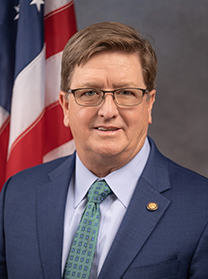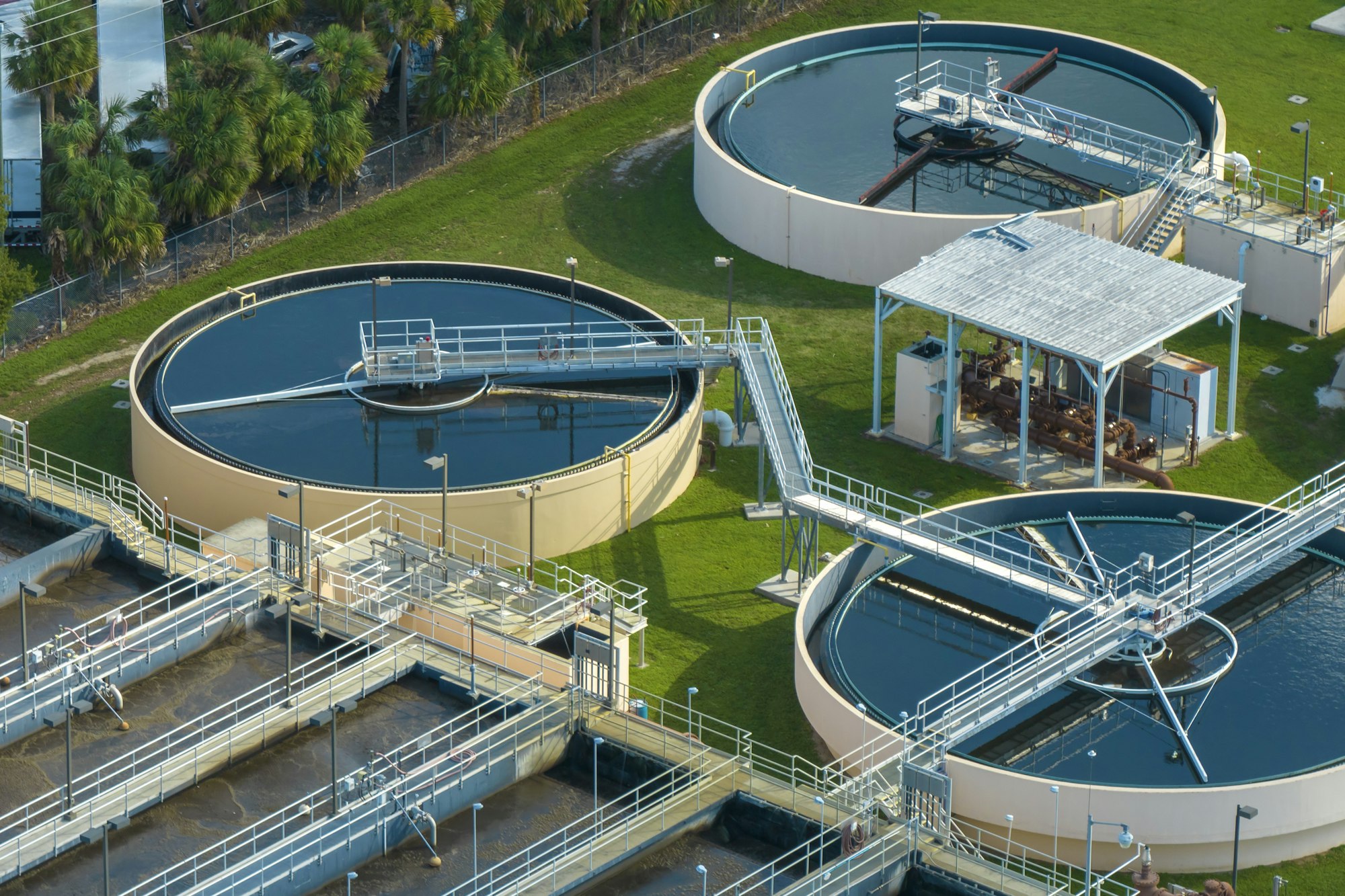Wastewater Visibility News
Can We Increase the Beneficial Uses of Florida Reclaimed Water?
A look at the role of Florida reclaimed water in serving the state’s growing population and potentially paving the way for reuse to potable in other states.
On November 1-2, 2023, the WateReuse Florida Association held its annual meeting in coordination with the Associated Industries of Florida Water Forum at the Grand Hyatt, Tampa Bay. State Representative Randy Maggard, Vice Chair of the Water Quality, Supply, and Treatment Subcommittee, was this year’s keynote speaker. Included among the topics Representative Maggard addressed were key issues of Florida water policy and the future of Florida Senate Bill 64.
Florida Senate Bill 64 requires that all domestic wastewater treatment facilities eliminate nonbeneficial surface water discharges by the end of 2031, with the intent to increase the beneficial use of Florida reclaimed water.
Understanding Senate Bill 64: Florida Reclaimed Water
Unanimously passed by the Florida State Senate in April of 2021 and signed by the Governor on June 29, 2021, Senate Bill 64 is summarized as follows: “Reclaimed Water; Requiring certain domestic wastewater utilities to submit to the Department of Environmental Protection by a specified date a plan for eliminating nonbeneficial surface water discharge within a specified timeframe; requiring domestic wastewater utilities applying for permits for new or expanded surface water discharges to prepare a specified plan for eliminating nonbeneficial discharges as part of its permit application; providing that potable reuse is an alternative water supply and that projects relating to such reuse are eligible for alternative water supply funding; requiring counties, municipalities, and special districts to authorize graywater technologies under certain circumstances and to provide certain incentives for the implementation of such technologies, etc.”
Representative Maggard: “The World is Watching Florida”
Representative Maggard serves as the Vice Chair on the House Water Quality, Supply, and Treatment Subcommittee.
In his address, Representative Maggard noted the significance of SB 64, identifying that it was intended to increase the beneficial reuse of water, which, he pointed out, must continue to be a top priority for the Florida legislature now and into the future.

Other key points made by Representative Maggard include that water should be controlled using a regional approach, that one day it will be acceptable to drink water made from reclaimed water, and that the technology exists now for potable reuse of wastewater, but we must get the concept in front of more people and start the conversation, educating the public regarding potable reuse.
To that end, he called on those in the utility profession to educate their local officials and their elected officials in Tallahassee. Maggard pointed out that the world is watching Florida right now as Florida paves the way for water reuse and reminded the audience, “Anytime you can talk to an elected official about water reuse, you should.”
Among his closing remarks, Representative Maggard, who promised always to be a champion for water, applauded the WateReuse Association as “a great resource of information on water issues.”
“I want my grandkids to swim in the same Florida springs that I did as a child.”
RANDALL SCOTT “RANDY” MAGGARD, FLORIDA STATE REPRESENTATIVE
Why Florida Reclaimed Water Matters More (and More) Every Day and Why There Is Sometimes Pushback
The Florida Department of Environmental Protection (FDEP), per the terms of SB 64, requires all Florida utilities that currently discharge to surface waters to submit an update every year by November 1 with their progress on meeting the goal of SB 64.
The requirement has created consternation among some utilities concerned that the timeline may be unachievable given that potable reuse rules are still under development by FDEP.
Some utilities are evaluating options that include deep well injection, which would not provide a beneficial use of the reclaimed water but is also not precluded by the current rule. (Read more on the use of deep well injection as related to the oil and gas industry in Texas. Oil and Gas Wastewater: City of Midland, Texas Takes Steps to Protect its Drinking Water)
From all perspectives, water issues continue to be a top priority for the state of Florida. As the population grows, communities must find innovative ways to increase water supplies. At the same time, they are tasked with trying to ratchet down nutrient discharges from various sources into water bodies, which leads to, among other things, red tides and algae blooms that threaten Florida’s waterways.


Author Notes
Megan Ross, PE, ENV SP, Vice President, SediVision, LLC
Tags:
More Recent Posts

105.668 Gallons of Wastewater to be Reused Daily in the Manufacture of Semiconductors

First-Ever National Drinking Water Standard to Protect 100M People from PFAS Pollution

Are Your Wastewater Tanks Consuming Excess Energy Due to Sand and Grit? Emerging Technology Can Help You Find Out

Happy Easter
Subscribe
Get news delivered straight to your inbox the day it gets published."*" indicates required fields
